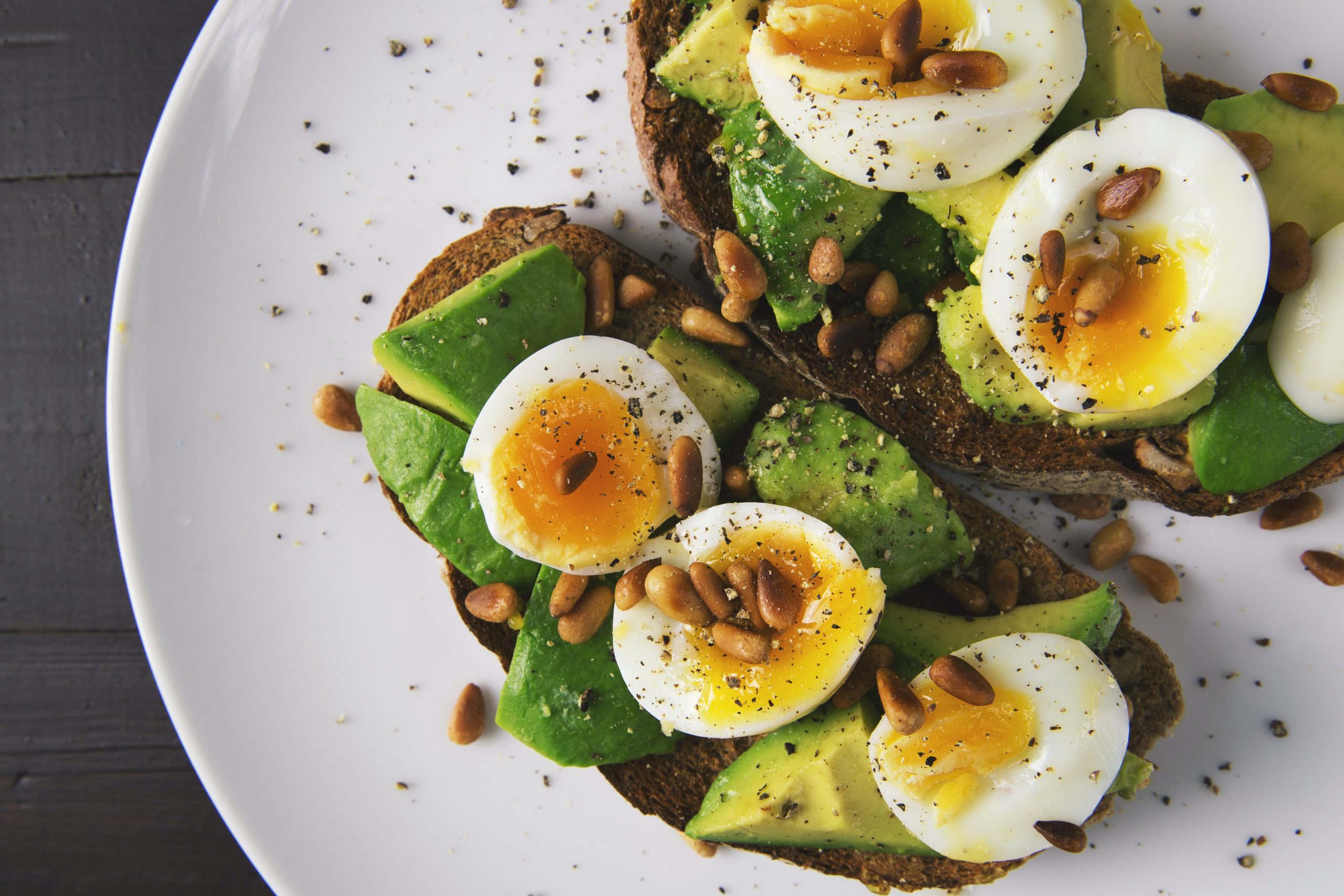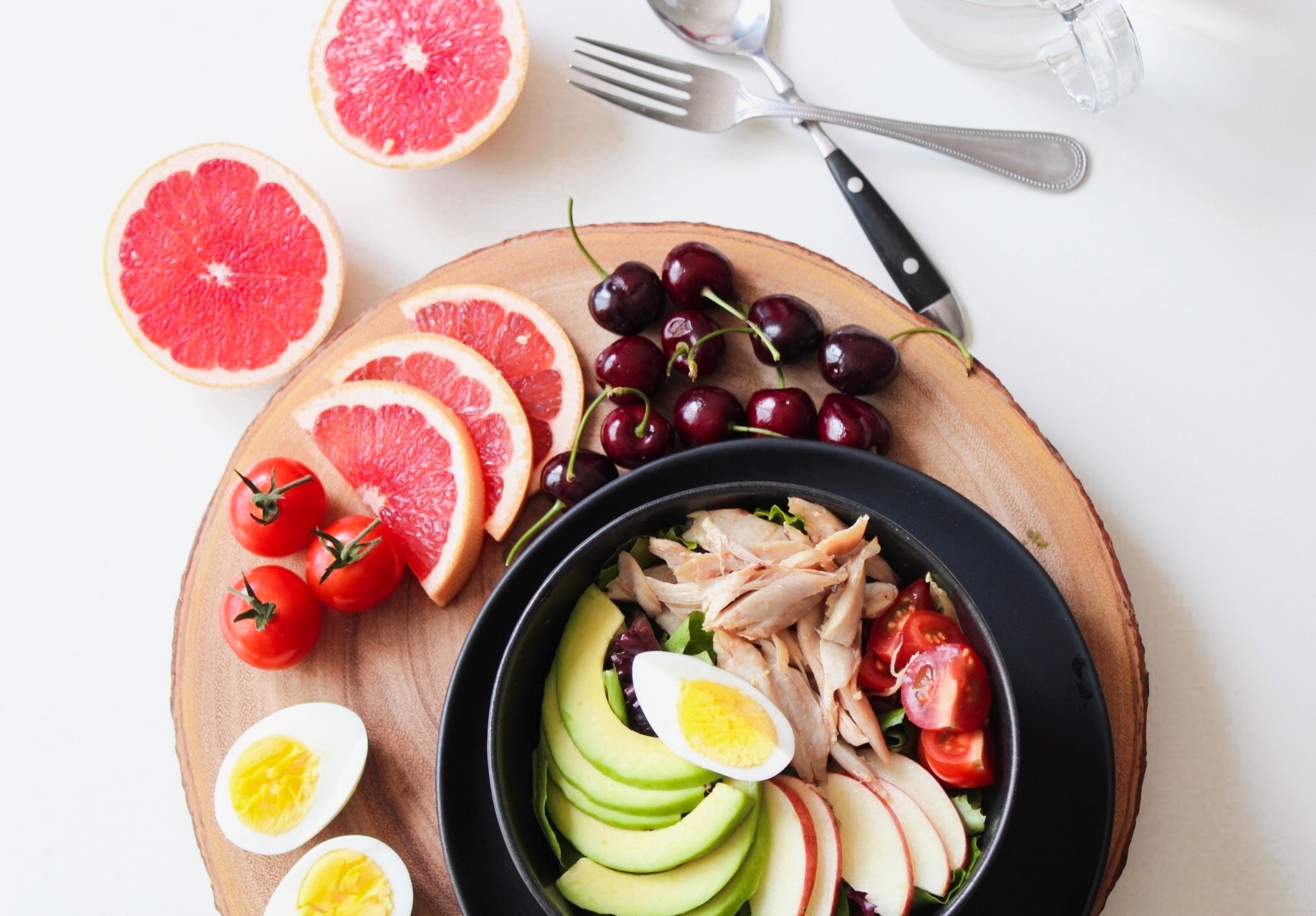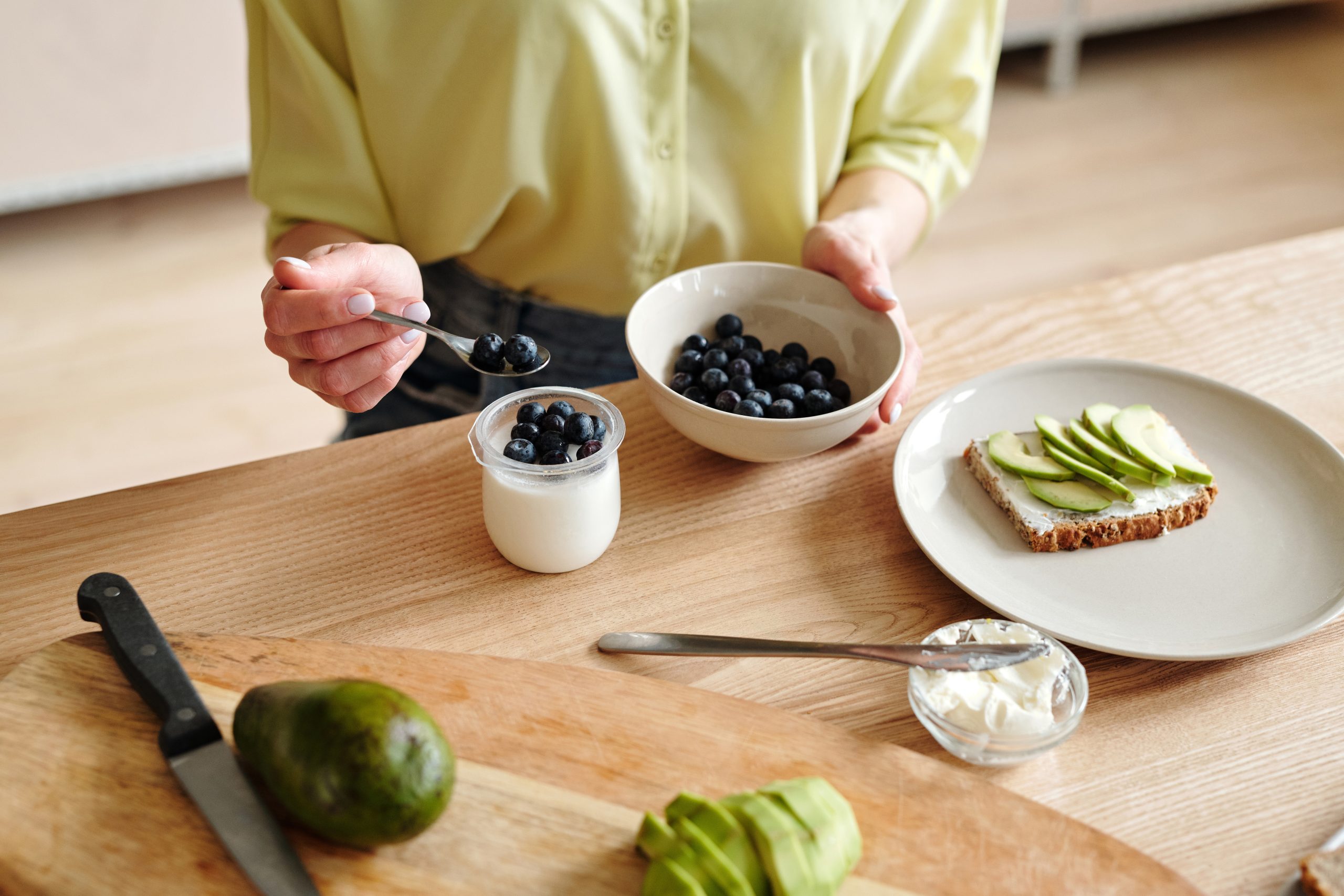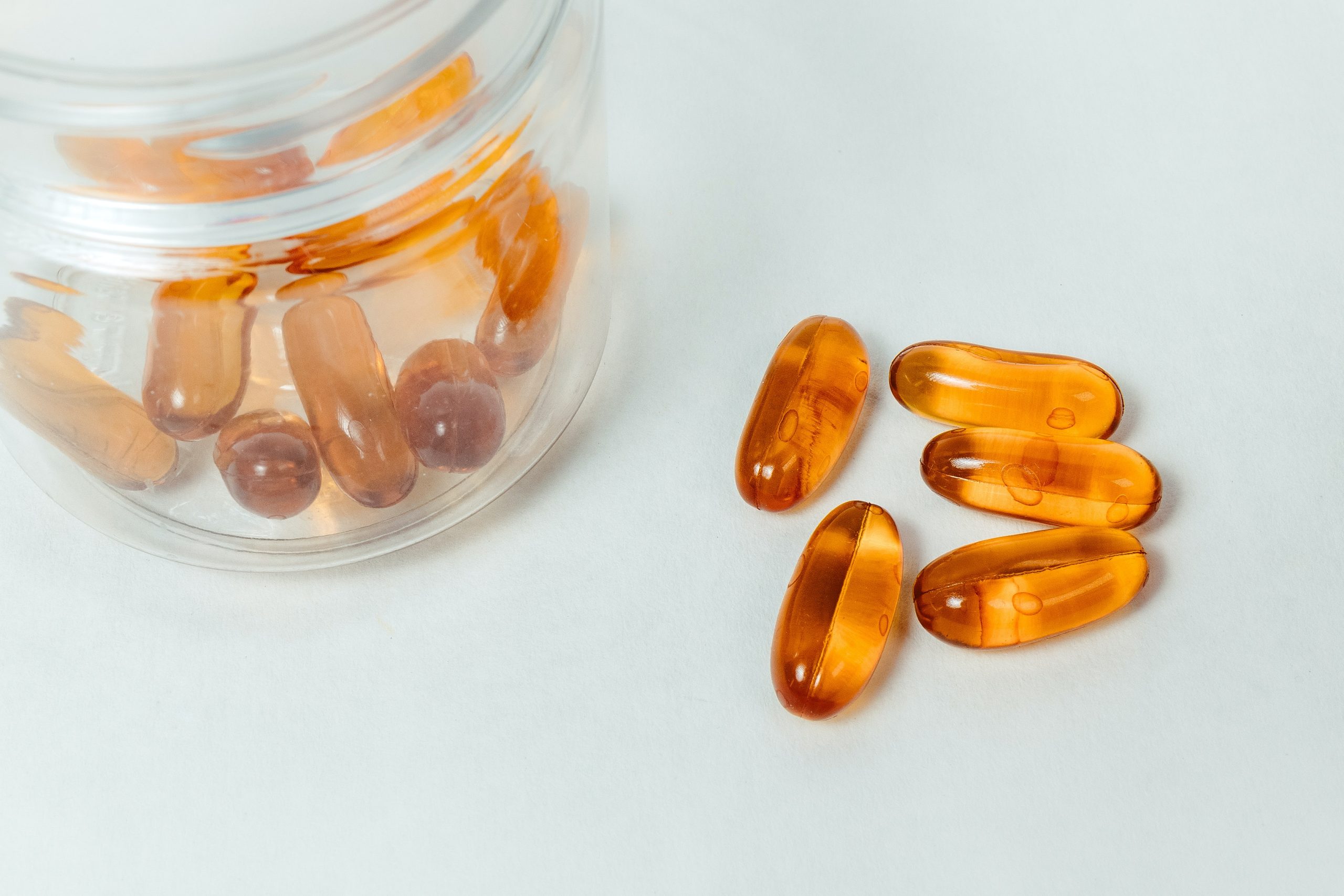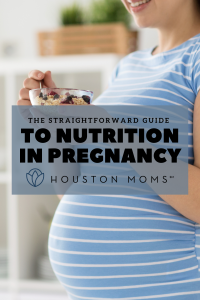 Whether this is your first pregnancy or you are experienced in the art of “sleeping” with a watermelon baby, this quick guide to nutrition in pregnancy hopefully will serve as a brief how-to for optimizing your diet for a strong and healthy pregnancy. Pregnancy is a whirlwind of emotions, symptoms, and never-ending to-do lists, so let’s keep it simple.
Whether this is your first pregnancy or you are experienced in the art of “sleeping” with a watermelon baby, this quick guide to nutrition in pregnancy hopefully will serve as a brief how-to for optimizing your diet for a strong and healthy pregnancy. Pregnancy is a whirlwind of emotions, symptoms, and never-ending to-do lists, so let’s keep it simple.
Calories and Cravings
Yes, you are now two humans in one. No, you do not need to eat for two. In fact, during your first trimester, normally there are no extra calories required. Your body is doing amazing things and that teeny gummy bear inside is being nourished plenty. When we move into the second trimester, plan for an extra 200-400 calories a day, and an extra 450 calories a day in that third trimester. A lot less than you’d think right? {Note: These calorie recommendations are increased in pregnancies with multiples.} You can meet this need easily by adding in an extra healthy snack or two a day. Your doctor will monitor your weight gain throughout your pregnancy and will let you know if there are any concerns or adjustments needed.
It can be hard to battle those powerful pregnancy cravings, but having a healthy snack on hand can help. And hey- sometimes you are going to give in and that’s ok too. Have a general food plan ahead of time to make sure you’re not consistently going for fast food and sugary treats. You don’t have to ignore it, just satisfy in moderation or with a nutritious, similar alternative {think frozen yogurt instead of ice cream}. Just be cautious if your doctor has advised you of any strict nutrition recommendations to prevent pregnancy complications.
Expect that your cravings may change throughout pregnancy and across different pregnancies. Oh and don’t be surprised if you never experience any cravings, this is perfectly healthy as well.
Nutrition in Pregnancy: The Big 5 Food Groups
You want to eat a variety of food from these 5 main groups: protein, grains, fruits, vegetables, and dairy.
:: Protein: 2-3 servings
- 3oz is approximately 1 serving.
- Think lean meats, eggs, nuts, seeds, and {pregnancy-safe} fully-cooked seafood.
- Avoid cold deli meats/ hot dogs. These should be steaming hot before eaten.
:: Grains: 3 servings
- ½ cup or 1 slice is approximately 1 serving.
- Think “whole-grain” breads, oatmeal, cereal, and pasta.
:: Fruits: 2-3 servings
- ½ cup is approximately 1 serving.
- Think whole fruits over juice here, but if you go for juice, make it 100% fruit juice.
:: Vegetables: 2-3 servings
- 1 cup is approximately 1 serving.
- Think dark, leafy vegetables, broccoli, sweet potatoes, and more.
:: Dairy: 3-4 servings
- Serving size varies by dairy type.
- Think milk, yogurt, eggs, and pasteurized {keyword} cheese.
- Go for fat-free or low fat, and always pasteurized.
:: What About Fish?
Fish that is lower in mercury can be consumed safely in pregnancy. Basically the bigger the fish, the more mercury they are likely have.
- Limit this to 2-3 servings per week. 4oz is approximately 1 serving.
- Think canned, shelf-stable, smoked seafood.
- Avoid raw fish, shellfish, bigeye tuna, king mackerel, shark, swordfish, and other big fish.
Nutrition in Pregnancy: Snack Ideas
Ok, so what does a quick, healthy snack actually look like? Here are some examples to consider adding to your next meal planning/ grocery list:
:: About 80 calories
- 1 hardboiled egg
- ½ cup plain Greek yogurt
- 1 skim string cheese
- 1 cup pineapple
- 1 cup blueberries
:: About 100 calories
- 25 pistachios
- 13 almonds
- 1 medium apple
- 1 medium banana
- 1 tbsp almond butter
Nutrition in Pregnancy: Prenatal Vitamin
The time to start a prenatal vitamin was yesterday. That’s not meant to scare, but to reinforce the idea that really all women who can potentially conceive should be on a prenatal vitamin. Don’t worry if you haven’t started yet, but make this a priority to find one that works for you. Most prenatals do a good job of carrying the key nutrients, but feel free to check with your doctor if your chosen one is good for you.
:: Tips
- The most important vitamins to look for are folic acid {at least 400mcg} and iron {27mg}.
- Please note that prenatal gummies do not carry iron, so make sure to add on an iron supplement if you use these.
- Some women will require higher supplementation based on their medical history.
- Avoid high doses of Vitamin A as this may be harmful {limit to 750mcg}.
Nutrition in Pregnancy: Bonus
- You can still have coffee {hooray!}, just limit the caffeine intake {whether that’s coffee, tea, chocolate, etc.} to less than 200mg per day.
- Pregnancy increases your risk for gingivitis due to hormonal changes, as well as cavities, so don’t forget to schedule at least one dental visit during this time.
- Try for 8-12 cups of water a day.
- If food has been left at room temperature for more than 2 hours, toss it {or after 1 hour if we’re in deep Texas summer at over 90 degrees F}.
- If you don’t already know, please avoid alcohol, tobacco, and other drugs throughout your pregnancy.
- Let your doctor know if you find yourself craving a lot of ice or non-food items- this can be a sign of a nutritional need or other conditions.








